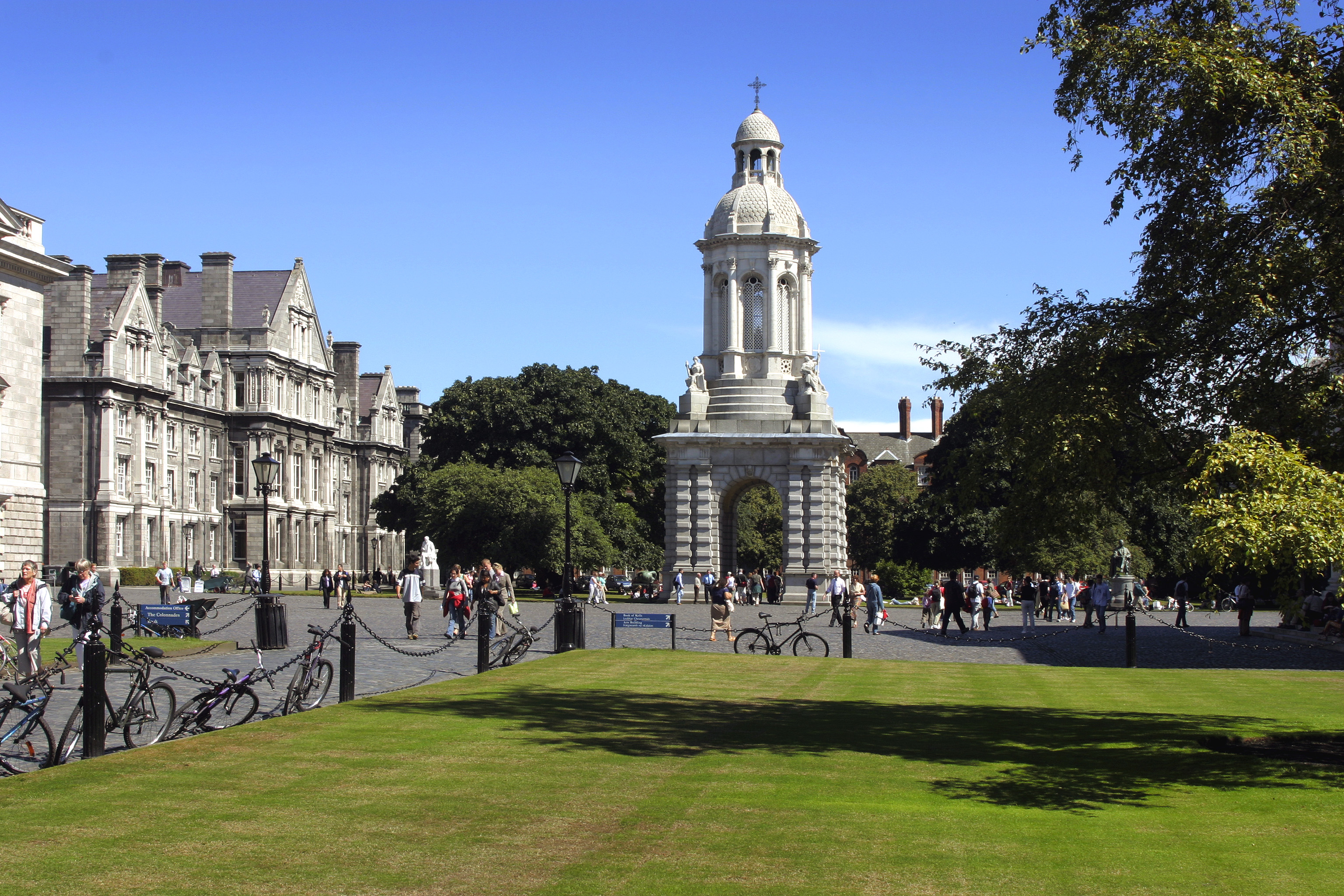
Ghandi Mallak, himself a refugee who lived in Ireland since 2002 but was only granted citizenship after a protracted legal battle in 2012, referred to the 160,000 refugees Europe has pledged to relocate as a “drop in the ocean”. Comparing this number to the two million refugees Syria took in as a result of displacement caused by the Iraq War, Mallak suggested that European citizens need to “raise expectations of their politicians”.
Maria Hennessy of the Irish Refugee Council Law centre, pointed out that the 4,000 refugees Ireland has agreed to take in is small compared to the 2,000 refugees arriving on one of the Greek islands per day.
Susan McMonagle of the UN High Commissioner for Refugees, noted that while there are 59.2 million people displaced around the world, there are only approximately 429,000 seeking asylum in Europe.
McMonagle also stressed the need for an EU wide policy approach, while Hennessy alluded to a lack of solidarity between European nations in dealing with the crisis; specifically in relation to the possible use of the Dublin III regulation to relocate asylum seekers back to Greece after they had already arrived in Ireland.
The Dublin III Regulation allows for EU member states to request that applications for asylum be taken charge of by other member states or that applications made in other member states be enforced and the asylum seeker be relocated to the country where the application was made.
All speakers pressed for more legal avenues to facilitate the travel of asylum seekers and avoid smuggling and other dangerous modes of travel to Europe. Suggestions included a greater ease of access to student and work visas, alongside a wider use of the family reunification program.
Ghandi Mallak pointed to his attempt at using the family reunification process to secure a visa for his father. The process took 23 months and his father passed away in Syria while the process was underway. Mallak called for the introduction of a special office in the department of justice responsible for dealing with visa applications in order to streamline the process.
Other issues discussed included an emphasis on the need for rights to be respected irrespective of legal status. Maria Hennessy expressed concern over the possibility of creating of “hierarchy of refugees” where those fleeing the Syrian conflict who have applied for asylum are flagged for relocation, while methods of dealing with other refugees center on return to home countries, regardless of circumstance.
Susan McMonagle highlighted the importance of this issue as refugees arriving in Italy alone are coming from 65 different countries and many have been displaced a number of times as a result of increasingly worsening circumstances for refugees in host countries outside of Europe such as increasing difficulty of renewal of residency, a loss of hope in ever returning to respective homelands, perceived lack of safety, limited access to the labour market, limited access to education, and high costs of living compounded by aid shortfalls.






